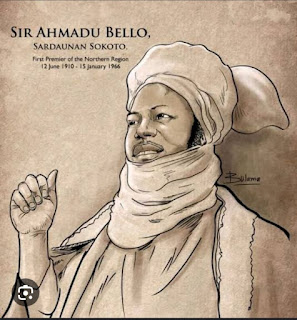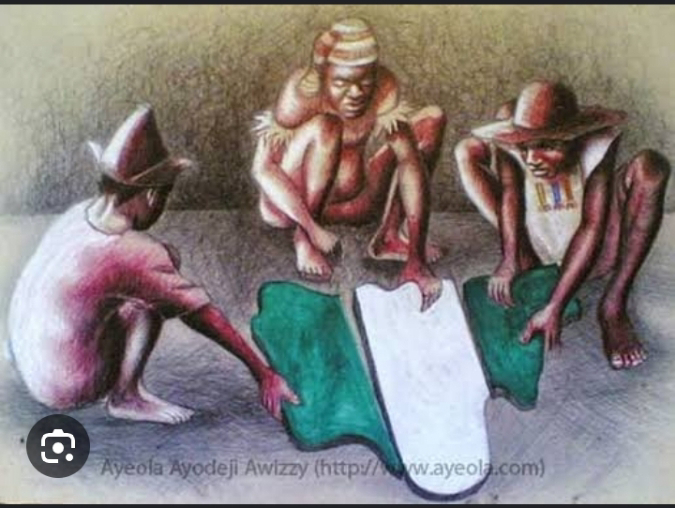Obasanjo's Third Term Agenda: A Breakdown Of His Plan To Serve One More Tenure In Office
Backgroung
On 29th May 1999 Nigeria officialy entered it's Fourth Republic, Obasanjo was elected as Nigerian President. According to the constitution he was to last two tenures in office each a four year term, Obasanjo completed his two tenures in which he helped to lift the country from the valley of despair that was the Abacha regime, he reignited the failing Nigerian economy and did well to curb the corruption that was ever present in the Nigerian political system. But after completing his tenures in office Obasanjo felt that eight years was not enough and decided that he wanted to go for a third term, speaking at the high-level consultation on Rethinking Western Liberal Democracy in Africa, Olusegun Obasanjo said that time had come to be brutal with the truth and face the reality that western democracy was not delivering on expectations and should be therefore tinkered in such a way that would be able to take care of our pecularities as Africans.Obasanjo's Administartion And Third Term Agenda
It is true that the Obasanjo administration had done well but some achievements where overexagerated, and an administration can not sight the aforementioned achievements as a reason to be given more time outside of that which was constitutionaly allocated because the work mentioned above is the responsibilty of every administration and cannot be sighted as an overachievement, but most importantly if he was given said third term in office what will stop him from wanting a fourth term? what about his succecsor would he also want a third term in office? the hard earned Fourth Republic seemed about to falter. Section 137 (Ib) of the 1999 constitution states that "a person shall not be qualified for election to the office of the president if he has been elected to such office at any of the two previous election". To carry out an extension of tenure without constitutional amendment would be the biggest disgrace of the newly implemented Fourth Republic, therefore Obasanjo set out to do just that, amend the constitution.
The Senator Ibrahim Mantu Panel was set up to pursue the third term agenda at the National Assembly in other to facilate the increase of one more term in office. The panel carried out a tour of the six geo-political zones of the country in other to get the reaction of "stakeholders" to the proposed amendment though the event was centralised and there was low turn out, the pervasive opinion was against tenure elongation. This did not stop the panel from presenting it's proposed amendment to the National Assembly, during this period the country probably experienced one of the most severe cases of lobbying with senators been promised huge amount of money and oil wells. One good thing about the thrid term controversy was the resilience of the opposition, on May 16th, 2006, the ammendment bill was defeated at the Senate when it failed to garner the two-third majority vote that will scale it through to the second reading. The following day the House of Representatives also threw out the bill as it also failed to get the two-third votes made mandetory by the constition. This development was widely celebrated at home and abroad as a victory for democracy.



Comments
Post a Comment